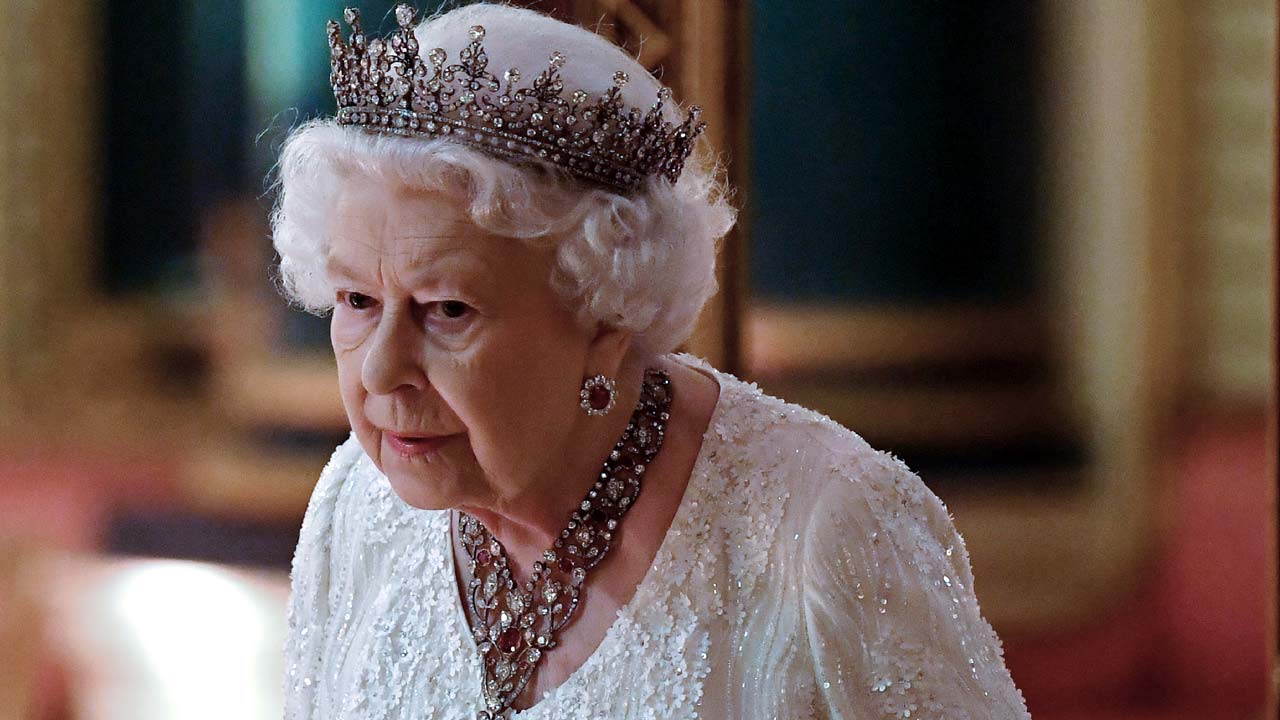Judgments passed upon the reign of Queen Elizabeth II who died aged 96 after 70 years on the British throne range from empathetic adulation to caustic condemnation. An iconic monarch whose era witnessed the independence of many countries from British colonial rule, Queen Elizabeth II held the title: “Queen of Nigeria”, until October 1, 1963, when Nigeria became a republic and adopted the name: “Federal Republic of Nigeria”. Back then our government was officially known as “Her Majesty’s Government of Nigeria”.
Regarded as the world’s greatest public servant, Queen Elizabeth II served Britain gracefully. She was head of state of 15 countries, and Head of the Commonwealth of 56 nations. Restrained by constitutional limitations, she remained above politics and comported herself with royal dignity while diligently carrying out her duties. As with all royalty worldwide, she inherited massive wealth of dubious origins and benefitted from bloodline entitlements which anti-monarchists condemn as being unjustifiable in a democratic modern society.
- How young entrepreneurs, coders are positioning eNaira as gateway to digital economy
- NIGERIA DAILY: Are We Still Our Brothers’ Keepers?
Nevertheless, it’s totally unbecoming that her death was met with an unwarranted degree of offensive vocal condemnation by critics who fail to differentiate between her personality and her position. Reveling in historical and political ignorance, their clouded mindsets are prejudiced by a failure to study facts. They blame her for the ills of British colonialism, whereas the truth is the reverse. British colonies, including Nigeria, existed ever before she was born let alone became queen! She never colonised any country, and most colonies attained independence under her reign. Indeed she presided over the demise of the British Empire. By the end of the 1960s only Zimbabwe among its former African colonies had not achieved independence. Queen Elizabeth II’s legacy is not one of conquest or colonisation, but rather one of transforming an empire into a commonwealth which was initially so attractive that African nations like Rwanda, Mozambique, Gabon and Togo chose to join despite never been British colonies. Indisputably, colonialism was a painful scar on the conscience of humanity, but lamentably, there is much truth in the assertion that the British administered most African nations better than they have managed to govern themselves after independence.
Even as world leaders praised Queen Elizabeth II’s comportment and character, critics wrongly blamed her for so many ills. It’s derisory that some African Americans even blamed her for the slave trade which took place long before she was born! In their righteous indignation they conveniently ignored the fact that the business of slavery was conducted between Europeans who owned and operated the slave ships and Africans who did the paid work of kidnapping and supplying victims. Morally, there is nothing condemnable about positive and prayerful wishes for the repose of a departed soul who never had the power to change the course of events. It’s long since past time when Africans at home and in the diaspora ceased blaming colonialists for their problems and find solutions to their unending crises.
In what can only be described as a display of unbridled, unguarded anger, a Nigerian born US-based Professor, Uju Anya, completely distorted events surrounding the Nigerian Civil War and blamed Queen Elizabeth II. The reality is that the queen is a ceremonial head of state and doesn’t “supervise” anything to do with government. Policies are determined by the prime minister who is the head of government, his cabinet and his political party, not at the monarch’s whims and caprices. Unlike Nigerian palaces, Buckingham Palace isn’t a place where political aspirants queue up to receive “royal blessing” or where ballot boxes and result sheets are stored! British politicians owe their monarchs nothing, and it’s absurd to claim that any modern day king or queen has the power to stop a government from doing whatever it decides to do. It’s objectionable and an indefensible disservice to history to reduce Queen Elizabeth II’s reign to stories of Britain’s role in slavery, colonialism and the Nigerian Civil War. Professor Anya demonstrated her superficiality of intellect by referring to Queen Elizabeth II as “The Chief Monarch”. She also demonstrated a deficit of emotional intelligence. Nigerian and indeed all African cultures forbid people from speaking ill of the aged, sick and dying, yet Ms Anya went further to abandon all decency by wishing the then ailing queen an “excruciating death”. To nobody’s surprise many people worldwide condemned her unrestrained language, unwarranted hatred and undeserved insults. Enraged British political leaders pointed out that while their empire was indeed not perfect, it was far more humane than others, and exhibited a far better standard of governance than most indigenous governments which succeeded it. Africans in the diaspora are constantly asked: “What has been the improvement in governance in African nations since independence?” Deplorably, while Africans were indeed suppressed, oppressed, brutalised and dehumanised under colonial rule, the prevailing highhanded unconstitutionality, injustice, embezzlement of public funds, insecurity, wars, hunger and famine presided over by indigenous leaderships indicate that since independence little has changed for the better.
Apportioning blame involves far more than superficial insights and mouthing clichés. The hardships Africans experience are a direct result of the monopolising post-independence leadership by incompetent, unpatriotic selfish kleptocrats. Queen Elizabeth II fully deserves her place in history. Overcoming the problems of post-colonial nations is not helped by avoiding blame, pointing fingers at others and spreading disinformation, misinformation and mal-information.




